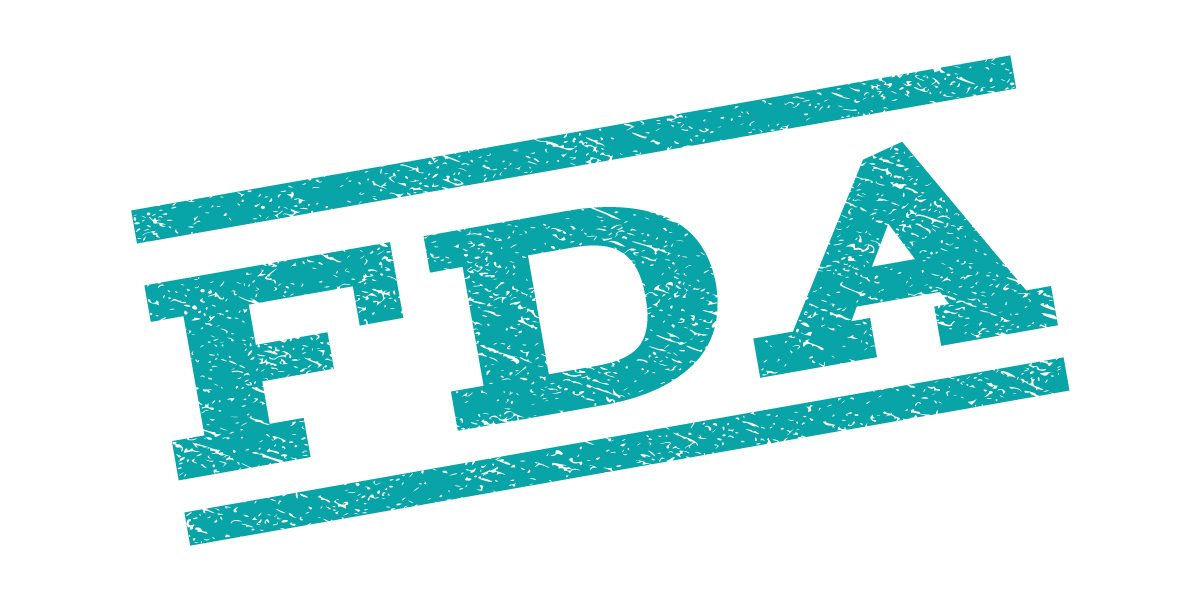AMO-02 for Congenital DM1, Entering Pivotal Trial, Gets Rare Pediatric Disease Status

The U.S. Food and Drug Administration (FDA) has given rare pediatric disease status to AMO Pharma‘s investigational therapy AMO-02 (tideglusib), now entering clinical testing in children and adolescents with congenital myotonic dystrophy type 1 (CDM1), also known as Steinert disease.
“This Rare Pediatric Disease designation highlights the significant need for a treatment for congenital myotonic dystrophy and adds additional momentum to our development program,” Ibraheem Mahmood, CEO of AMO Pharma said in a press release.
This designation is given to potential therapies aiming to treat serious or life-threatening diseases of childhood affecting less than 200,000 people in the U.S. It provides certain regulatory benefits, including qualifying for fast track review should AMO-02 come up for FDA approval, and a priority review voucher for the company’s future use upon approval.
AMO Pharma may choose to apply its priority voucher to another therapy as it comes up for approval review, or to sell the voucher.
AMO-02 is an orally available inhibitor of glycogen synthase kinase 3 beta (GSK3beta), an enzyme that is overly active in people with DM1, and those with Duchenne muscular dystrophy. By blocking the enzyme’s activity, AMO-02 is expected to improve patients’ muscle health.
The medication’s safety and efficacy are being assessed in a Phase 2/3 trial (NCT03692312) that plans to enroll up to 56 children and adolescents, ages 6–16, with genetically confirmed CDM1.
Recruitment for this randomized, double-blind, placebo controlled trial is either underway or soon to begin at 11 sites in the U.S., U.K., and Canada. Location and contact information is available here.
Enrolled patients will be randomly assigned to a weight-adjusted oral suspension of AMO-02 at 400, 600, or 1,000 mg doses, or to a matched placebo, given once daily for 22 weeks.
The trial’s main goal is to evaluate changes in disease severity, assessed using the Congenital DM1 Rating Scale, a tool developed by AMO Pharma to rate the severity of 11 characteristics of the disorder — from cognition to muscle strength — each on a four-point scale.
The incidence of side effects and abnormal findings in laboratory or other tests, as well as several caregiver-reported outcomes, will also be assessed during the trial.
Top-line data from the study is expected in early 2022. If positive, its findings may support an application requesting the approval of AMO-02 as a treatment of congenital DM1 in the U.S.
The FDA granted AMO-02 fast track status, supporting its development, in 2017.






